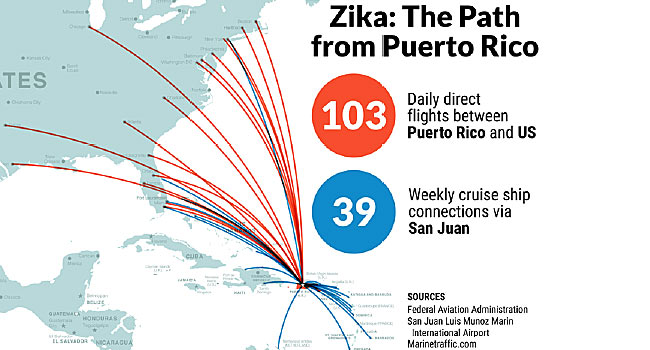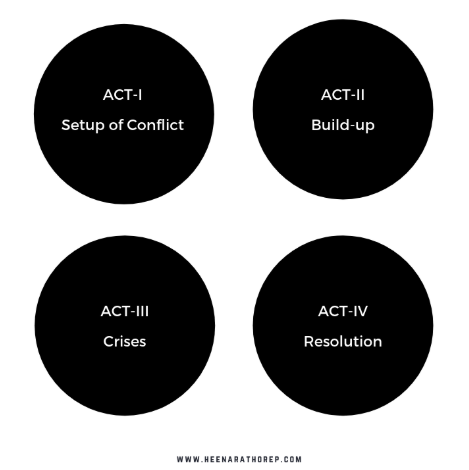After reading Rosenberg’s foundational essays, we moved on to reading an essay I (Prof. Garriga-Lopez) co-authored with my friend Dr. Carlos Rodriguez-Diaz on zika virus in Puerto Rico. This essay, titled, “Becoming Endemic: The Zika Virus Epidemic and Gendered Power in Puerto Rico” was published by Lexington Books in an anthology edited by Shir Lerman and Ronnie Shepard called, Gender and Health in Contemporary Latin America and the Caribbean.

In this essay, Carlos and I analyze the Puerto Rican state’s response to the zika virus epidemic in Puerto Rico. We pay particular attention to the ways that the bodies of working class women of reproductive age were targeted as the main points of intervention because of zika’s effects on gestating fetuses and babies. We were concerned to show the ways that preventing zika virus infection thus became the responsibility of women, while the state provided few resources and no structural transformations. In 2017, we published this (open access) article in the International Journal of Infectious Diseases, along with two other colleagues from Puerto Rico, but this one (“Becoming Endemic,” 2018) gave us an opportunity to attend to some of the gender-power-based dynamics we had observed.

Additionally, in this essay we propose a fourth “act” to add to Charles Rosenberg’s dramatic reading of the stages of an epidemic. This fourth stage represents a narrativization of the epidemic, or a telling of “the story of what happened.” This fourth act is very important, for it represents the way that an epidemic is understood as part of human history. The story can be very different depending on who’s telling it and why, so this is also hotly contested territory.

Students engaged deeply with this text, raising many tough questions and pointing out that gender power and reproductive politics affects non-cis gender, non-heterosexual, and non-gender conforming people, as well as cis-gender, heterosexual women, and expressing a desire for more information about those effects. I recorded two videos in response to student comments and questions, which you can see below.
As a bonus, you can also check out this video art I created in 2016 about zika virus in Puerto Rico.
Did you or someone you know experience zika infection? Or is there something about this reading that you would like to remark on? Feel free to leave your comments or questions in the comment section below!
2 replies on “Endemic Zika?”
I really enjoyed your video art! The editing is so cool! Thank you for sharing it!
It is scary and interesting to see at the same time how a state can significantly mould the meaning of an epidemic and a disease. It can choose to target a certain population (in the case of ZIKA – young cis-gender heterosexual women) and change how the entire nation-state views not only the disease but also the disease in relation to social and gendered powers.
The act IV you and your friend proposed in your essay is useful to understand how the epidemic is remembered and depending who is it telling it, but it does not have to only be the fourth act, I thought, it can be expanded to understand how discourses are created, and how the disease in historized and memorialized in even when the epidemic is very much a part of the everyday reality (in the present) -although that is very difficult to do. I then quickly realized, that if the fourth act is stated as an over-arching act, there will only be narratives from those in power maybe. — Making my whole thought process pretty useless… But there is also so much art that is being produced, so much being written, interesting ways to protest while respecting social distancing – this is all act IV in making?
I was very interested in this reading because it was something for which I had no contextual understanding. The parts of the reading that mentioned the United States’ acquisition of Puerto Rico were especially fascinating because I had never learned about this until very recently. With my limited knowledge of the US’ failure to serve Puerto Rico (thinking of Hurricane Maria specifically), the response to Zika was telling of this larger issue. I was especially infuriated by the fact that Puerto Rico had to give up their constitutional right to healthcare. It’s clear from recent events and this article that the US is not granting Puerto Rico the same rights and services that it would for the states (They don’t even have a vote in Congress). I’d be curious to learn more about the actual process in which Puerto Rico became US territory, and the impact that had on the citizens of PR, in the context of not only epidemics and natural disasters, but daily life.